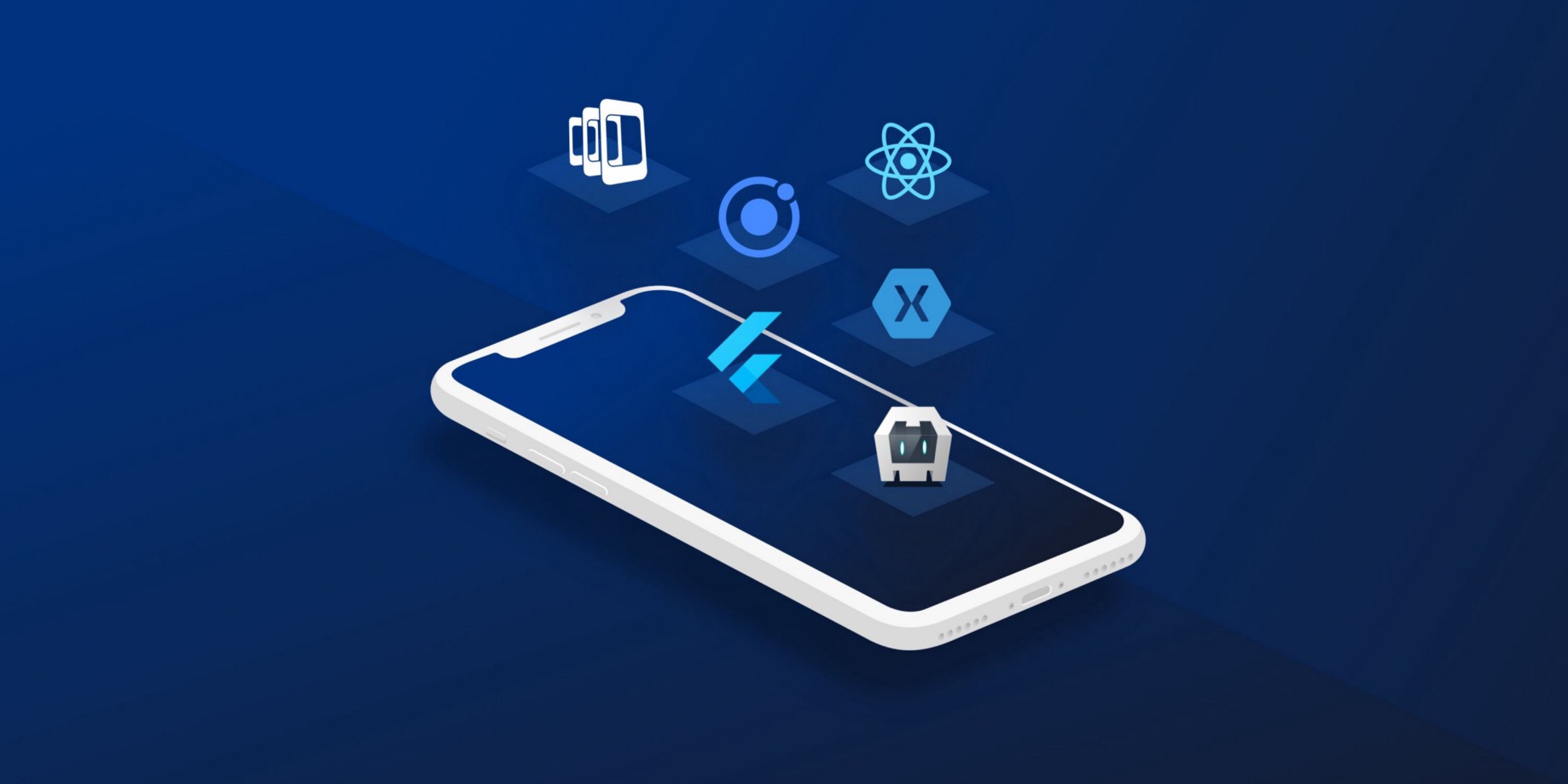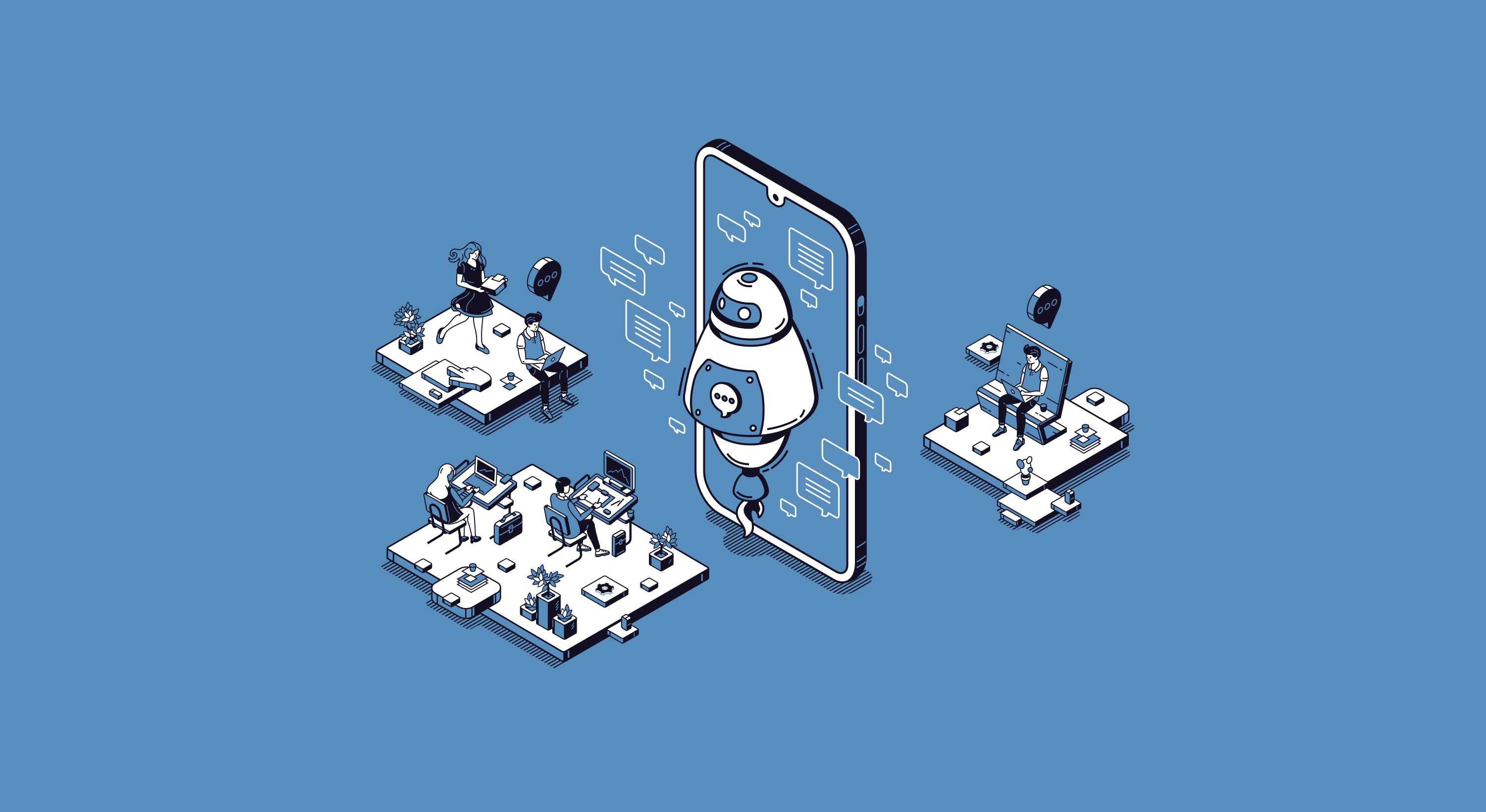An Overview of Blockchain Gaming

Although the idea behind blockchain technology was first presented more than a decade ago, blockchain gaming was slow to get noticed. Following years of speculation on the potential of blockchain technology to enhance video games through player incentives and digital content ownership, Axie Infinity emerged in 2020 and quickly rose to prominence, becoming the largest web3 game ever.
Even though Axie Infinity’s cross-chain bridge protocol was hacked, causing a loss of $600 million in March 2022, and has since experienced significant usage drops, many people are still enthusiastic about how blockchain technology, video games, and metaverse can combine and create new economic models that shape blockchain gaming to benefit both companies and players in the largest entertainment sector in the world.
What are Blockchain Games?
To put it simply, blockchain games are video games that are partially or entirely developed using blockchain technology. Games that use blockchain technology can be called web3 games, metaverse games, NFT games, or crypto games, depending on how precisely they do so.
In certain cases, in-game items are minted as NFTs, enabling users to exchange or sell them to other players for monetary gain. In-game currencies in these games are frequently represented as digital assets, and players can occasionally earn cryptocurrency by upgrading levels.
Blockchain games allow players to possess the things they find while playing and are less prone to in-game item loss than traditional games. For instance, in November 2022, the Call of Duty Warzone 2.0 servers were constantly experiencing lagging and crashes, which resulted in gamers losing their in-game belongings. These things may have been minted as NFTs if this game had been played on blockchain, guaranteeing their continued existence in players’ wallets.
Since blockchain games may store player account information on encrypted ledgers, they can also improve player security. Conventional online video games are vulnerable to hacking, which may reveal players’ private information.
Advantages of Blockchain Gaming
Decentralization
Blockchain games can be developed and maintained by members of a decentralized autonomous organization (DAO), as opposed to being governed by a single entity or company. It will be more difficult to compromise or stop the games with this setup. Conventional online gaming companies can also implement blockchain technology to reap similar advantages without relying on a DAO.
Interoperability
Games built on blockchain can interact seamlessly with other blockchain-based games, expanding the potential blockchain gaming market for digital assets related to any given game.
In-game Ownership and Play-to-Earn Incentives
Blockchain games provide players with the chance to acquire or obtain digital assets such as native tokens or NFTs through purchase or winning. Players have the option to retain or trade these assets on decentralized marketplaces in return for flat money.
User portability of data
Blockchain gaming empowers gamers to have full control over their data and assets, enabling seamless transferability across platforms and games according to their preferences.
Use Cases and Examples of Blockchain Games
The advent of blockchain technology has created distinct possibilities for the advancement of inventive and captivating games. Below are few prominent use cases and examples that showcase the adaptability and potential of blockchain games.
Decentraland
Decentraland is a virtual world where NFTs can be bought, sold, and used to own pieces of virtual land. Users can build and monetize their virtual experiences, thus, creating a decentralized metaverse.
Gods Unchained
Gods Unchained is a digital trading card game where players can buy and sell rare cards as NFTs. Players can fight in battles to earn rewards and swap valuable cards on the Ethereun blockchain.
Epik Prime
Epik Prime is an e-sport platform based on blockchain technology that allows players to fight in tournaments, win prizes, and earn cryptocurrency as rewards. The gaming platform takes advantage of blockchain technology to make competition management and price distribution more secure and transparent.
Enjin
Enjin is a blockchain platform that provides the developers with tools and infrastructure to create their own blockchain games. The platform allows users to manage in-game items, turn assets into tokens, and safely trade on the Ethereum blockchain.
Limitations of Blockchain Gaming
For people who don’t know much about crypto, blockchain games could be frustrating because they need crypto transactions to purchase in-game items. Because this isn’t common news yet, this presents a barrier to entry for some users.
In addition, network scale has always been a problem, especially for Ethereum, which is home to many blockchain games. When activities need to be done in-game, network congestion can cause delays that can turn off users. Transaction fees will go up when the network is busy, which will annoy users and make games more expensive to play.
Any technical problem with the blockchain network could adversely impact gameplay and user experience. Not to mention, in several blockchain games, the graphics lack sophistication compared to traditional gaming, as do the plots and complexity of the games.
Future of Blockchain Gaming
Even though the blockchain gaming market is still young, there have been a lot of interesting developments in recent years. For example, Sony just recently put in for a patent for a system for NFT games. The patent states, “the digital assets may be used, via the NFT, across different computer simulations and/or across plural different computer simulation platforms.” While Sony hasn’t specified how they plan to use this patent, this could indicate their interest in developing in-game item interoperability.
Conclusion
As blockchain gaming trends continue to become more mainstream, it is possible that blockchain technology has the potential to transform the gaming industry. Businesses and developers who want to leverage blockchain’s benefits should partner with an expert firm that can guide them through this cutting-edge technology.
Choosing Axalize means more than just selecting a software testing service provider, it means investing to elevate your business to higher levels.
Contact Axalize today to find out how we can help you reach your business goals.


